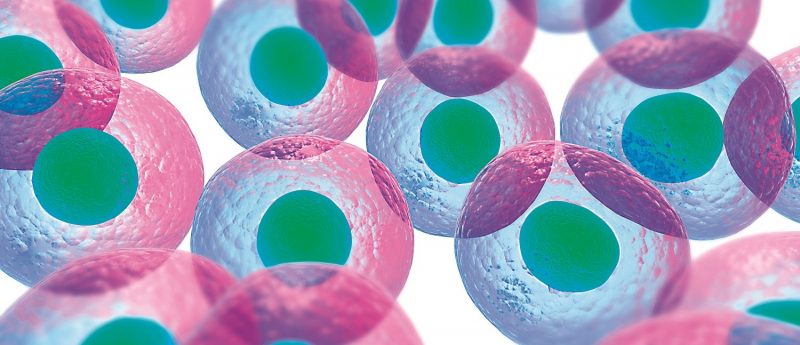Bone-derived hormone shows promise in reversing age related memory loss

Researchers have discovered that osteocalcin, a hormone produced by bone cells, has an effect on memory loss in a murine model.
Researchers from Columbia University (NY, USA) have discovered that increasing the level of osteocalcin in a murine model can reverse age-related cognitive decline. The researchers also discovered that osteocalcin, a hormone produced by bone cells, binds to a receptor in the brain called Gpr158. The research was recently published in the Journal of Experimental Medicine.
“In previous studies, we found that osteocalcin plays multiple roles in the body, including a role in memory,” commented study leader and professor of medicine Gerard Karsenty (Columbia University).
“We also observed that the hormone declines precipitously in humans during early adulthood. That raised an important question: Could memory loss be reversed by restoring this hormone back to youthful levels? The answer, at least in mice, is yes, suggesting that we’ve opened a new avenue of research into the regulation of behavior by peripheral hormones.”
In this study, the researchers preformed a number of experiments that showed that it was osteocalcin that had caused the improved cognitive function. The researchers also discovered that osteocalcin binds to a G protein—coupled receptor in the brain called Gpr158. Gpr158 is abundant in neurons of the CA3 region of the hippocampus, the brain’s memory center.
The researchers had previously discovered that osteocalcin can also rejuvenate the muscles of older murine models, allowing them to match the running speeds and distances of young mice. No toxic effects were observed from giving the murine model osteocalcin.
“It’s a natural part of our body, so it should be safe,” concluded Karsenty. “But of course, we need to do more research to translate our findings into clinical use for humans.”
Sources: Khrimian L, Obri A, Ramos-Brossier M et al. Gpr158 mediates osteocalcin’s regulation of cognition. J. Exp. Med. doi: 10.1084/jem.20171320. (2017) (Epub ahead of print); https://www.sciencedaily.com/r…